Resolution #210
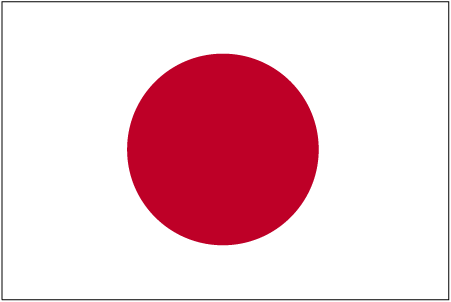 |
The question of legal status of refugees |
| Committee: SPECPOL | |
| Main Submitter: Japan | |
| Submitted: 02/04/2022 10:29 |
| Status |
|---|
| Passed cosubmitter sheet validation |
| Approved by approval panel |
| Selected for debate by secretariat |
| Passed by committee (SPECPOL) |
| Chosen for debate in General Assembly |
| Awaiting debate in General Assembly |
Committee Voting
| For: | 27 |
| Against: | 1 |
| Abstentions: | 3 |
Options
Co-submitters
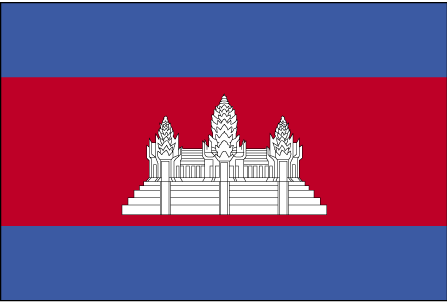 | Cambodia |
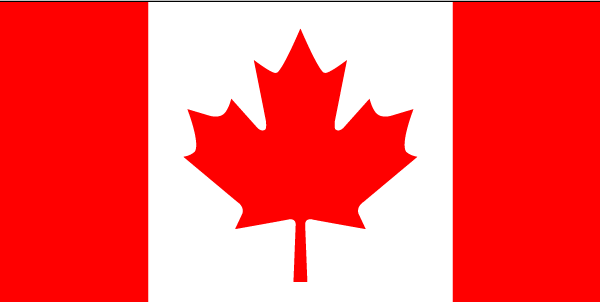 | Canada |
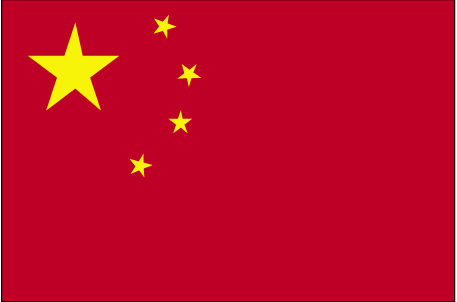 | China |
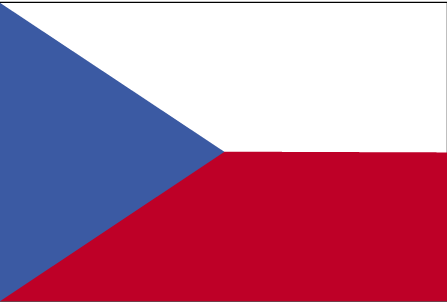 | Czech Republic |
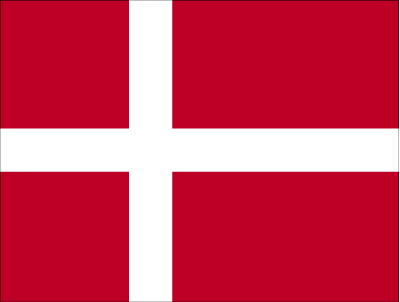 | Denmark |
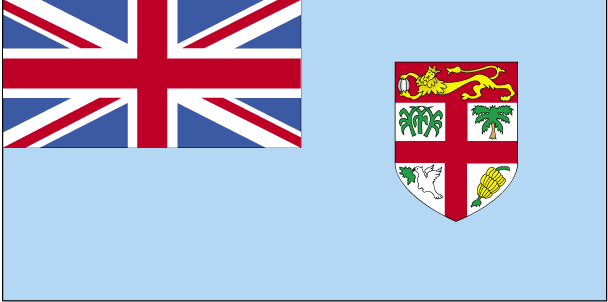 | Fiji |
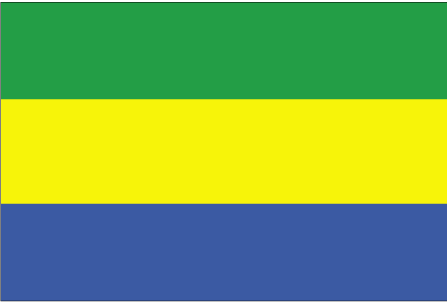 | Gabon |
 | Greece |
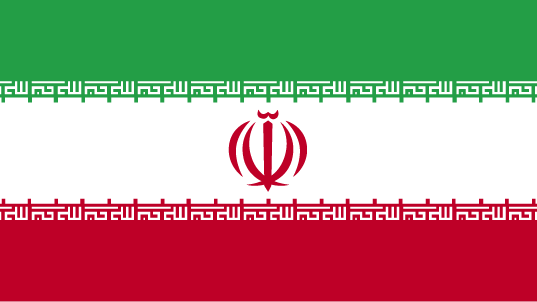 | Iran |
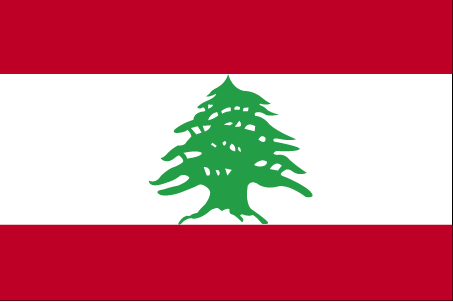 | Lebanon |
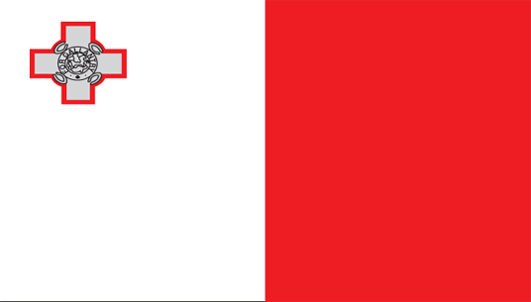 | Malta |
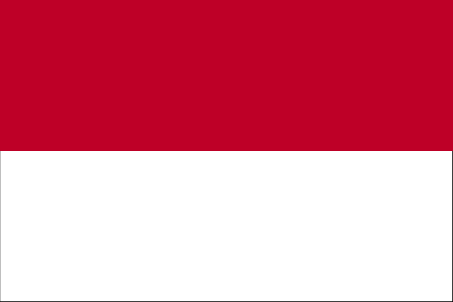 | Monaco |
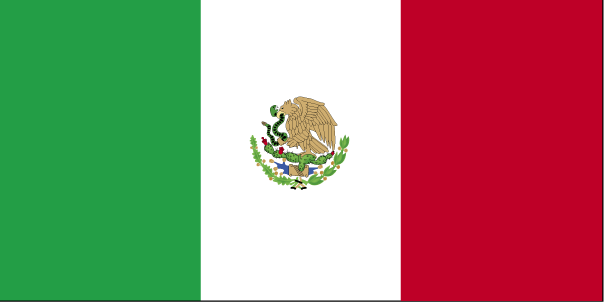 | Mexico |
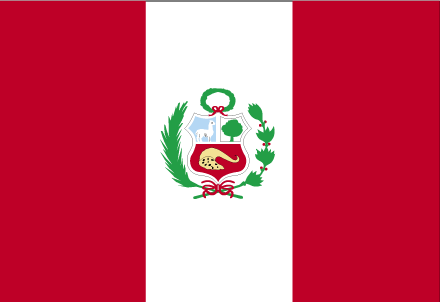 | Peru |
Resolution
Committee: SPECPOL
Topic: The question of legal status of refugees
Main Submitter: Japan
Co-submitters: Cambodia, Canada, China, Czech Republic, Denmark, Fiji, Gabon, Greece, Iran, Lebanon, Malta, Mexico, Monaco, Peru
Referring to the UN definition of a refugee as a person who 'owing to a well-founded fear of being persecuted for reasons of race, religion, nationality, membership of a particular social group, or political opinion, is outside the country of his nationality, and is unable to or, owing to such fear, is unwilling to avail himself of the protection of that country' in accordance with article 1 in the 1951 convention in relation to the status of refugees,
Defines the UNHCR as the "United Nations High Commissioner For Refugees",
Aware of the urgency of this issue due to the growing effects seen by climate change and natural disasters,
Taking into account the effects of conflicts, such as the current crisis in Ukraine, on the displacement of individuals globally,
Conscious of the UN Sustainable Development Goals (SDGs), in particular SDG17 , which encompases all SDGs that aim to help refugees,
Expressing it's concern that 4,407 refugees and migrants died in 2021 exceeding the previous year by almost 200,
Deeply disturbed that over 84 million people were forcibly displaced due to persecution, conflict or violence by mid-year 2021,
Recalling article 13 of the UDHR which states that 'everyone has the right to leave any country , including their own and to return to their home country' and therefore supporting all displaced persons obtaining refugee status and being treated with respect in their country of refuge,
Believes refugees should be accepted into any countries with the correct facilities by introducing a flash visa scheme where special visas can be given to refugees quickly so they can reach safety from violence or danger,
-
Calls for the integration of refugees into national systems in their country of refuge which will provide:
-
housing, water, food, healthcare and education in accordance with UN S.D.Gs 2, 3, 4, 6 and 10 and the Universal Declaration of Human Rights,
-
employment and membership of a trade union in accordance with UN S.D.G 8 and 10;
2. Urges Member States to grant all refugees equal status, regardless of their country of origin, ethnicity, or religious beliefs in order to combat discrimination and prejudice that refugees and asylum seeker may face in their country of refuge;
3. Recommends the creation of a bi-annual conference to be held online on World Refugee Day, 20th June, overseen by the UNLACR which will be attended by all relevant UN sub-bodies and Non-Governmental Organisations (NGOs) with the purpose of:
-
creating mutual definitions between member nations as to the criteria required for asylum seekers to gain refugee status, allowing for a more efficient process for asylum seekers to gain refugee status,
-
the disclosure of Member States on the number of refugees they have taken in and rationale in the intervening period since the last biannual conference and require the UNLACR to issue a report on its assessment following each conference,
-
holding discussions which will be held to predict the future of human mass migration due to climate change,
-
propose up to date solutions to the situation as it develops,
-
updating the status of refugees on bi-annual basis through a reapplication for asylum in order to foster communication between the state and asylum seekers and prevent illegal immigration;
4. Suggests, the world bank provide funding, overseen UNHCR to member nations receiving refugees to help build infrastructure and accommodation to house them, to provide the necessary facilities and services and provide incentives for businesses to hire refugees through means such as, the creation of a 2.5% tax reduction on employment tax, for companies that employ refugees;
5. Calls for the creation of a mass media campaign to educate people about the circumstances result in refugees seeking asylum and to help tackle the discriminations faced by refugees in their country of refuge , through mediums such as but not limited to; social media platforms, newspaper articles and pamphlets; these issues can include but are not limited to; conflict, climate change issues, natural disasters such as drought, famine or floods and political instability;
6. Further Urges the creation of a new sub-committee of the UNHCR [the UN High Commissioner for Refugees] called the “United Nations Legal Affairs Committee in relation to Refugees” (UNLACR), to oversee the provision of legal assistance and protection for stateless persons/refugees in methods such as but not limited to:
-
providing all eligible member states with the resources to conduct Refugee Status Determination (RSD),
-
implementing Statutory Instruments for Protection for refugees within UN member states;
-
Providing translators and translation services to member nations which require them
-
Advising governments to organise regular public seminars directed at aiding refugees in legal matters, run in association with relevant NGOs
7. Strongly Advises that member nations set up centres with for asylum processing, speeding up the process and prioritise the protection of the people inside this system, with living conditions meeting a criteria specified by the UNHCR;
8. Invites member nations with help from UNHCR and any relevant NGOs to offer refugee status to individuals meeting the above criteria, which would entitle them to facilities such as but not limited to;
-
residency permit lasting a minimum of 2 years, after this time period a refugee will be able to gain full citizenship, through the country they are located in,
-
the right to apply for family reunification treatment in line with the Universal Declaration of Human Rights.
9. Further Suggests the creation of a international free hotline available and a website with information alongside the hotline in all member states to
-
provide immigrants about local laws and political systems
-
inform refugees of opportunities for employment and housing in their respective area
(India) amendment to the second degree